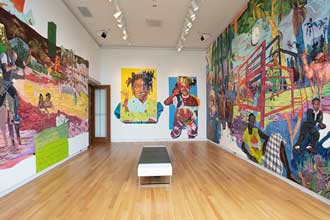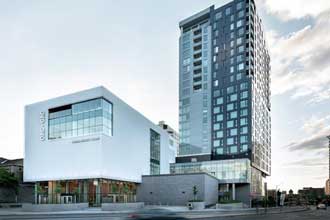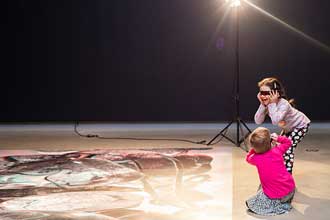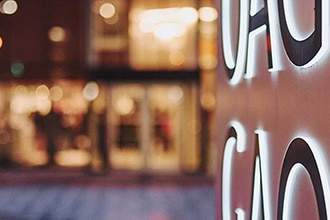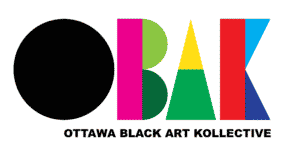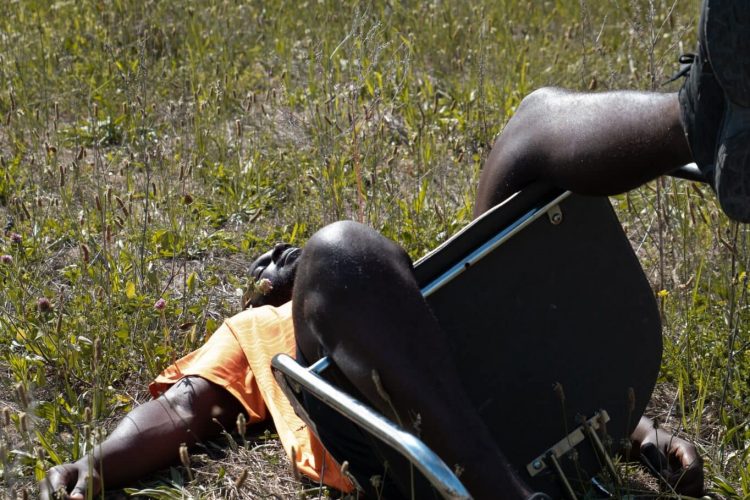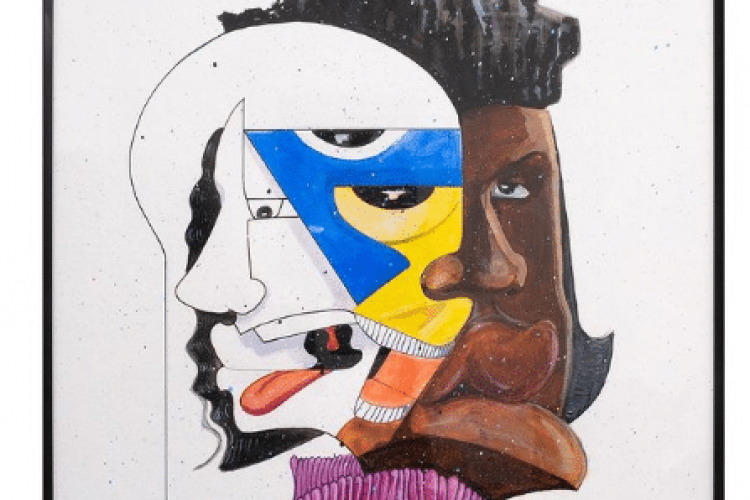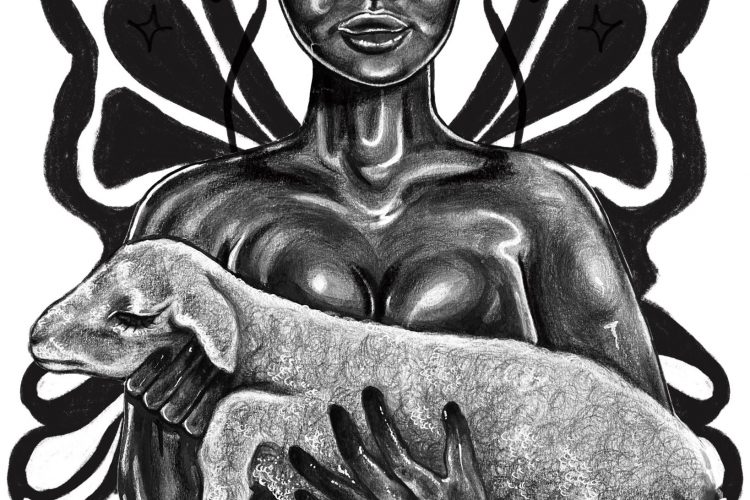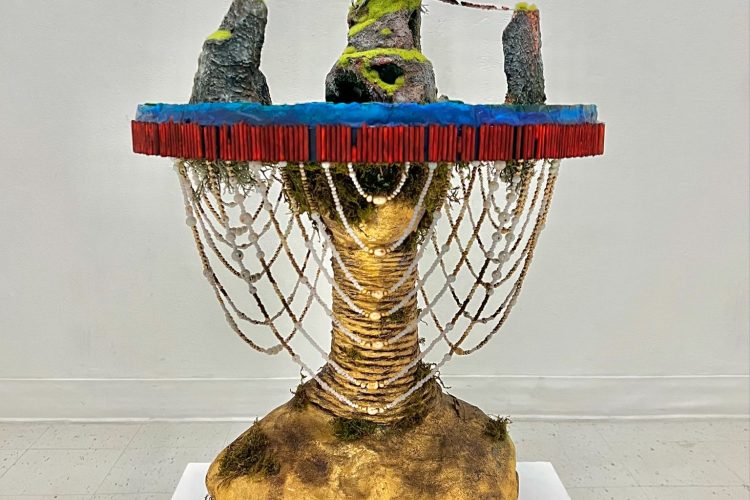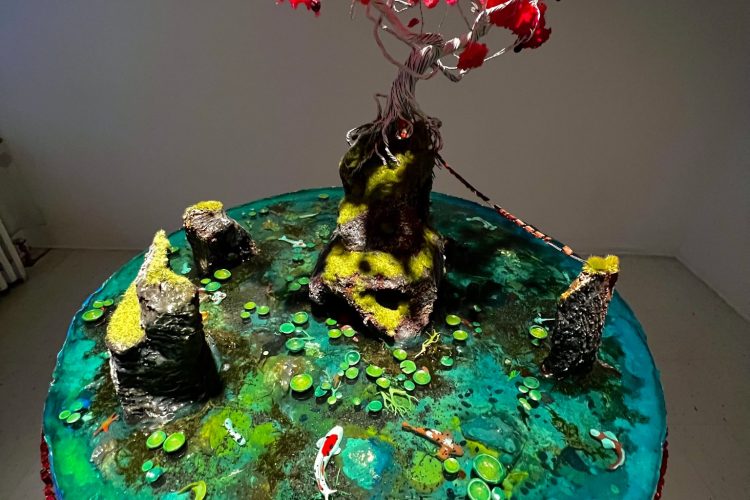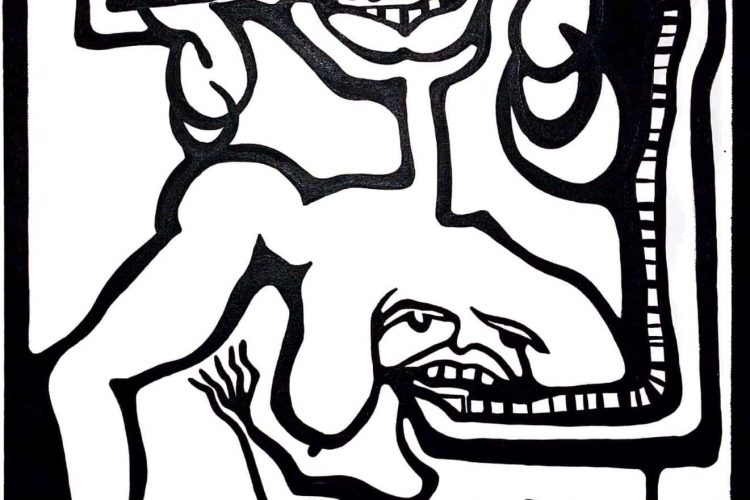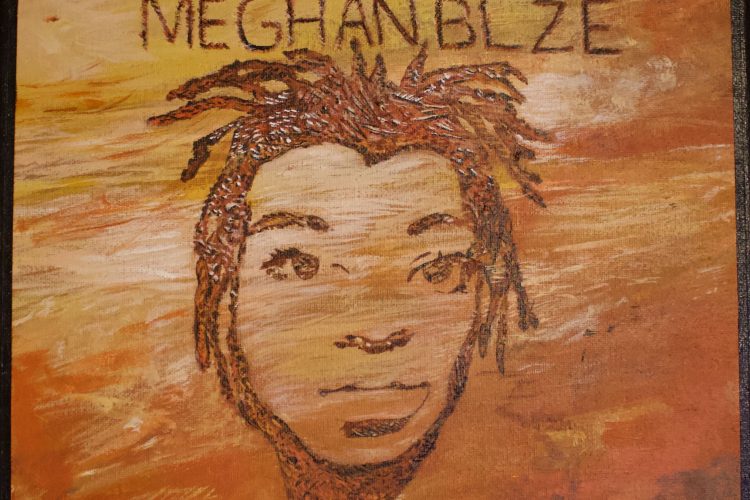We do not dream of labour.
July 27, 2023
- October 1, 2023
Yanaminah Thullah, Commercial, Community Guest Curator.
Sarah Mecca Abdourahman, Sydney Agnant, Andy Akangah, Tolorunlogo Akinrinola, Stéphane Alexis, Zineb Allaoui, Lucille Giwa-Amu, Taiwo Apampa, Maya “MayaSpoken” Basudde, Esther Calixte-Bea, Teanna Chase, Fanny Constantino, Francesca Désulmé, Sandra Dusabe, Funto Kusimo, Elvin Girineza, Meghan Guerriero-Blaise, Yasmine Hadid, Felicity Hauwert, Jean Christian Furaha Ishimwe, Sonia Ekiyor-Katimi, Fatuma Kou, Charifa Labarang, Elbert Laroc, Aly (Joy-Lily) McDonald, William Martinak, Augustine Mgala, Sabrina Niyigaruye, Oladimeji Odunsi, Ekene Okonkwo, Tanitoluwa Olorunyomi, Abayomi Orimoloye, David D. Pistol, Dion Prints, Anne-J Rene, Moksha Singh-Sharpe, Danny Saint-Fort, “Ngoya Artisan” Joyce Ngoya Tshiyoyo.
Institutionally and systemically, rest is not a privilege we have been afforded. Our colonial history shows clearly that we were commodified, enslaved, our labour was exploited, and our wellbeing seldom prioritised. Presently, having lived through a global pandemic that radically changed our way of existing, surviving capitalism and racism; working through (socioeconomic) burnout has become the norm. A dismantling and decolonizing of conditioned ideologies are needed for Black people to stop surviving and start thriving. Rest is not a given, it is a gift, and we can give it to ourselves.
Reclaiming rest transcends capitalism, colonialism and is both a critical and transformative step towards the liberation of the Black community. We listen to music that encourages “grind culture” and reinforces this idea of hustling and overworking to affirm our self-worth. We grow up in households that overvalue and tie our worth to our productivity. Living through a time where we are constantly confronted with a hyper-awareness on our own precarious existence. The surge of “soft life”, self-care, and luxury serves as our counterculture response to this and yet, a lot of us still face barriers to accessing these various mediums of respite. The idea of prioritizing rest when the pressures of “Black excellence,” performance, and survival consumes your very being, can be quite complex. Questioning your relationship with non-performance, being “unproductive,” or taking breaks requires a level of vulnerability that we are often not afforded. As a multitasking single parent, an international student trying to secure stable living, an eldest daughter juggling many roles in her immigrant family, or a service worker trying to pay rent while funding other personal passions, your socioeconomic status greatly informs this relationship with rest. We need to ask ourselves this: haven’t we grown tired?¹ Where did you first learn about rest? Who taught you? Who has access to rest? What are the feelings surrounding it? What are the distinct types of rest and the barriers we face?
Through explorations of motherhood, nature, music, and bare emotional and physical truths, this exhibition addresses these questions, and shows the diverse ways that Black, Caribbean, and African artists (within the Ottawa-Gatineau region) express rest while altering the art landscape. Their voices provide dialogue on the 7 different types of rest (sensory, emotional, social, spiritual, physical, creative, and mental) through various media, including paintings, sculptures, and poetry. William Martinak’s sculpture Par illuminates both creative and spiritual aspects of rest where you see a young boy basking in nature, serenity, and culture. This work affirms Aristotle's quote: “Art completes what nature cannot bring to a finish”.² Yasmine Hadid’s My soul shares 2 bodies, a photograph of two friends that share intimate and meaningful time together resulting in social recharge. In contrast, Hadid’s other photograph Lacienega serves as a critique of capitalism and sensory rest deficit, an all too familiar feeling for most of us. Andy Akangah’s On Off illustrates a fighter who, by taking a moment to disarm himself, contradicts expectations of resilience and demonstrates both physical and mental vulnerability. Olufunto Kusimo’s Green is Envy Rage and Ivy is a distinctive unmasking of emotions that unleashes a cry to divest from the systems that make us too tired or numb to feel [them]. Finally, Maya Bassude’s It Takes a Village to Raise a Child. It Takes a Village to Find the Mother Rest captures how caregivers are worthy of being cared for by community, which is often overlooked. What rings true with the artwork in this exhibition is that the only labour involved is the labour of love.
You deserve to sleep, to unplug, to dream, to leisure, and access it at any given time. To my skinfolk out there, let the undoing of years of restlessness wash over you. Let this exhibition guide you from scarcity to abundance, dark to light, or despair to joy. Let the mending of the wounds and the healing flow through your being. Rest is radical. Rest is repair. Rest is renewal. Rest should be accessible to everyone. You can take time here, in this space, and always.
Ode to you,
Yanaminah Thullah. Commercial, Community Guest Curator.
This exhibition was realised with the support and partnership of the Ottawa Black Art Kollective (OBAK), and the RBC Foundation’s support of the OAG’s Connect: Artist Mentorship Program.
Image: Sabrina Niyigaruye, Son of God, 2021, Photo, 12x18, from Open Conversations on Masculinity: Image & Perception
² http://www.artandpopularculture.com/Art_completes_what_nature_cannot_bring_to_a_finish

